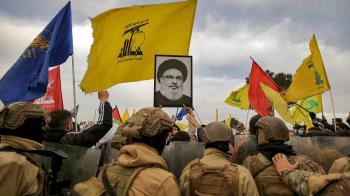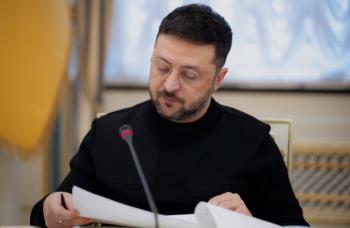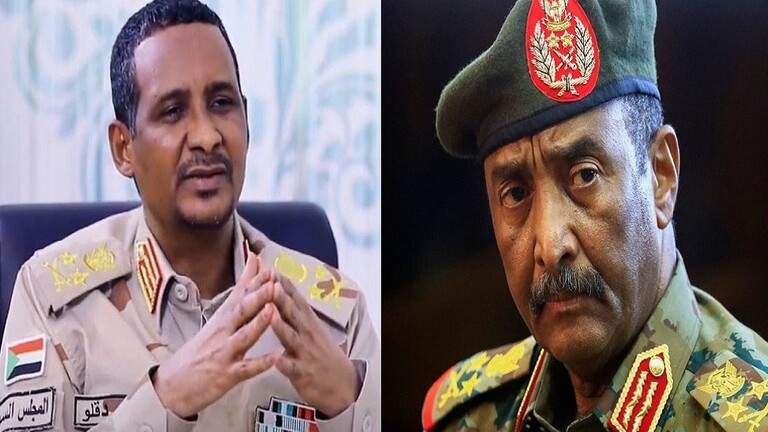Alwaght- The clashes between Sudan’s army led by Abdel Fattah al-Burhan and the Rapid Support Forces (RSF) led by Mohammed Hamdan Dagalo that have so far left hundreds of people killed and injured entered their fourth consecutive weeks, and international efforts to stop them have gone nowhere so far. Meanwhile, in the latest mediatory moves, a peace initiative was jointly presented by the US and Saudi Arabia that is expected to be discussed and make a basis for peace during visit to Jeddah of delegations from the warring sides.
Concerning the matter, a Saudi foreign ministry’s official said that the army delegation will include three officers and an envoy and the RSF delegation will include three officers. A source close to the army said that its delegation will discuss military and humanitarian, not political, issues during its stay in Saudi Arabia.
According to media outlets, the initiative contains three stages to deal with current crisis. First, both sides should agree to extension of ceasefire to allow for opening humanitarian corridors and citizens’ movement to safe places. Second, there should be a long-term ceasefire. And third, direct talks between representatives of the warring sides should be held. The initiative is said aimed at preparing the necessary ground for de-escalation in the country.
Earlier, Saudi Foreign Minister Faisal bin Farhan and US Secretary of State Anthony Blinken had discussed the joint initiative. In a joint statement, Saudi Arabia and the US asked both sides to show responsibility for the people of Sudan, to seriously engage in the talks, to draw a road map for negotiations, to stop military operations, and to end the conflicts and keep the people away from plight and ensure that humanitarian aid reaches the affected areas. Riyadh and Washington announced in a joint statement that they want to continue coordinating international support to expand the process of negotiations in Sudan. The statement further said that the process of comprehensive negotiations should include all Sudanese political parties.
The heavy shadow of doubt over success of new truce deal
Though the Saudis and Americans are seeking to find a solution to the weeks-long crisis with mediation between the two sides of fighting, the type of reaction of Sudan’s military leaders in recent weeks has made the road to peace bumpy. Sudan’s foreign ministry spokesman said the success of the Jeddah meeting depends on the US and Saudi Arabia convincing the RSF to withdraw from their positions and hand over their weapons to the army, a request that Dagalo strongly opposes. Actually, the main reason for the conflict was he refused to allow the forces under his command to be integrated into the regular army. On the other hand, several ceasefire deals in the last three weeks were not fruitful and were immediately violated by the parties after taking effect.
From another aspect, Saudi Arabia and the US are pushing to end the tensions in Sudan while their political positions on the developments in Sudan are opposite to each other, and they are not neutral actors in this conflict. Since fall of Omar al-Bashir, Saudi Arabia has supported Sudan’s military council and al-Barhan himself in order to increase its influence in this African country. Immediately after the military coup against al-Bashir, Saudi Arabia together with the UAE approved a financial package of $3 billion to al-Burhan’s interim government to prepare it for political concessions in the future. Due to its own political structure and governance, Saudi Arabia prefers people like al-Burhan hold Sudan’s power, because they can better serve the interests of the kingdom.
Though ostensibly asking both sides of the conflict to show self-restraint and defuse the tensions, the US through its stances showed that it finds Dagalo an appropriate choice for its interests. The US has always condemned the rebellion of militants against established governments—with the exception of non-conforming countries—, but it has not objected to moves by the RSF, and the White House officials have only asked for the end of the clashes, something indicating Washington’s tendency to Dagalo. In July 2019, the US also pressured Saudi Arabia and the UAE to stop supporting the military-led Transitional Council headed by al-Burhan and from time to time incited international community pressures on al-Burhan. Therefore, the conflict of interests of Washington and Riyadh in Sudan will make the peace initiative the international community demanding fail. In other words, these two countries are more interested in securing their own interests than those of people of Sudan. Some experts believe that these two actors are part of the problem ad cannot make game-changing mediators and peace-makers in this crisis-hit country.
No place for political demands of civil revolutionary forces
Although the meeting of the warring sides in Jeddah is a positive step towards de-escalation of tensions and if the two sides agree a deal, security can be restored to the country, what the analysts are obsessed with is where the developments head after a deal of the military commanders.
Four years ago, people of Sudan started their civil protests at al-Bashir and ousted his dictatorship after three decades of rule to install a popular government. But coup plotters hijacked the revolution. Now the main popular demand is transition of power to civilians. But despite al-Burhan’s promises and a deal with political parties for transition, the coup leaders are not handing over the power to the civilians.
The UN and the US had earlier called for transfer of power as soon as possible, but in Washington and Riyadh’s initiative this issue is ignored and popular demands are unmet. In Jeddah negotiations, only military issues are addressed and there is no mention of discussing political issues and the political future of country.
This issue demonstrates that Washington and Riyadh prefer their pawns to hold the power to advance their programs. They know that assumption of power by the civilians would mean cutting the hand of the US imperialism and foiling the normalization process with the Israeli regime and this is in conflict with the White House demands.
The recent clashes between the coup leaders showed that both sides seek power shares and would not agree to a transition process that marginalizes them. Dagalo is not even tolerating al-Burhan’s rule and seeks to form a parallel military institution working outside the control and supervision of the army and government. Therefore, even if the last year agreement’s terms are implemented, the civilians will ostensibly rule but practically the military commanders hold the power and decide on the major state matters.
Sudan violence’s roots are more political than military, and so far no solution has been found to them. Thus, if Jeddah meeting’s outcomes are temporary and insignificant, instability will continue to unfold and peace is unachievable even in the long terms. In fact, a state of ‘no war, no peace’ will prevail under rule of the military commanders.



























